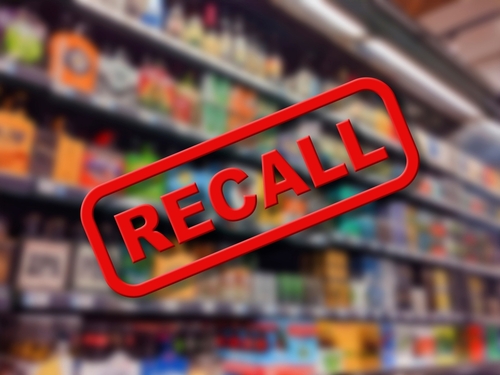
In a concerning development that has caught the attention of consumers and public health officials alike, an urgent recall has been initiated for sliced ham distributed across eight states.
The recall stems from fears of potential contamination which poses significant risks to public health. This incident underscores the pressing need for heightened vigilance and stricter food safety regulations to protect consumers from avoidable hazards.
Urgent recall issued for 85,000 pounds of 'unsafe' sliced ham in eight states – is YOURS one of them? https://t.co/ZCvQUEH610 pic.twitter.com/MBBOFAI0FN
— Daily Mail Online (@MailOnline) April 25, 2024
The recall serves as a poignant reminder of the vulnerabilities present in our food supply chain. Despite advancements in food processing and safety protocols, lapses in oversight can occur, leading to situations that endanger consumer health. It is imperative that these incidents are not merely viewed as isolated events but as a call to action to reinforce our food safety standards.
Conservatives often champion the cause of minimal governmental interference in business operations, advocating for a free-market approach. However, when it comes to public health and safety, there is an acknowledgment of the essential role government regulation plays. Ensuring that food products are safe for consumption transcends partisan divides, highlighting the universal value placed on the well-being of citizens.
Ham recall in eight states as warning issued https://t.co/mquR7WanYp
— F.Nero (@NomKnots) April 25, 2024
The specifics of this recall, targeting sliced ham, further demonstrate the need for rigorous quality control measures at every stage of the food production and distribution process. Meat products, being particularly susceptible to contamination, require stringent handling criteria to prevent the onset of food-borne illnesses. This incident can serve as a catalyst for revisiting and tightening these measures, thereby reaffirming consumer trust in the safety of their food.
One of the critical aspects highlighted by this event is the importance of prompt and clear communication from manufacturers and regulatory bodies to the public. The effectiveness of a recall significantly depends on how swiftly and widely the information is disseminated. Enhancing mechanisms for recall announcements can play a crucial role in minimizing the impact of such episodes on public health.
Moreover, this recall draws attention to the necessity of accountability in the food industry. Manufacturers and distributors must be held responsible for adhering to the highest standards of food safety. Penalties for breaches of these standards should be commensurate with the potential risks to public health, serving both as punishment and deterrence to prevent future occurrences.
The response to this recall, from both the implicated company and regulatory authorities, will be closely watched. It should exemplify a coordinated, transparent approach to managing the situation, prioritizing the health and safety of the public above all. The incident acts as a stark reminder of the continuous challenges facing our food supply system and the ongoing commitment needed to address them.
In conclusion, the urgent recall of sliced ham in eight states is a watershed moment for all stakeholders involved in the food industry. It highlights the perpetual need for vigilance, stricter regulations, and unwavering commitment to public safety. As we move forward, let this incident catalyze a renewed effort to bolster our food safety laws and practices, ensuring such threats to public health are mitigated with the utmost efficiency and effectiveness.
What are YOUR thoughts on the recall?
We want to hear from you! Please comment below to join the discussion.












